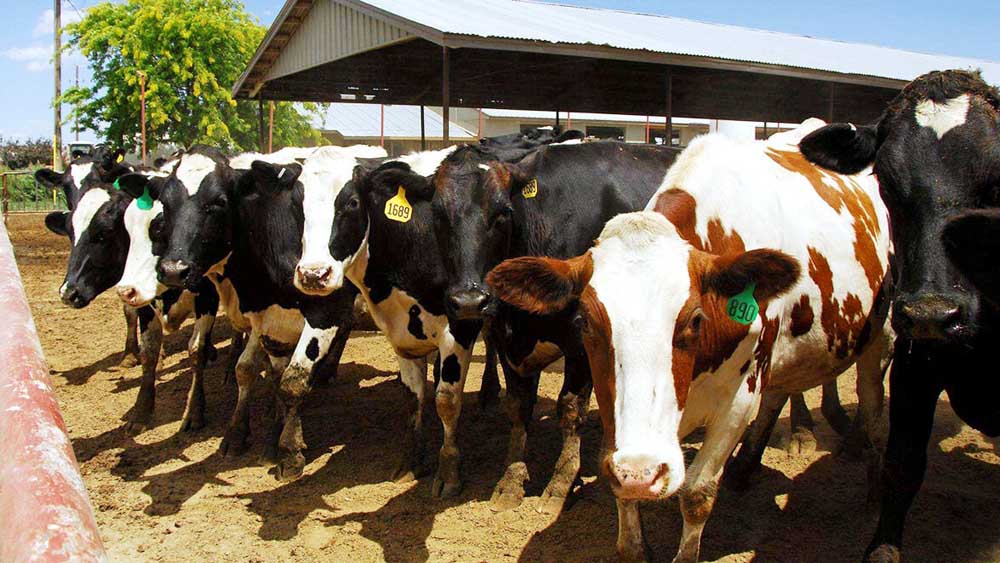FDA: Bird flu virus fragments found in pasteurized milk; supply remains safe
Published 4:30 pm Thursday, April 25, 2024

- The spread of bird flu among dairy cattle appears to have slowed, officials say.
The U.S. Food and Drug Administration last week reported that it has found highly pathogenic avian influenza fragments in pasteurized milk.
Trending
“Today, the FDA received some initial results from its nationally representative commercial milk sampling study,” the agency said on its website. “The agency continues to analyze this information; however, the initial results show about 1 in 5 of the retail samples tested are quantitative polymerase chain reaction (qPCR)-positive for HPAI viral fragments, with a greater proportion of positive results coming from milk in areas with infected herds.”
As of April 24, USDA had confirmed HPAI at 32 dairies in eight states.
USDA has already detected the virus in raw milk from some of the affected dairy farms.
Trending
“To date, the retail milk studies have shown no results that would change our assessment that the commercial milk supply is safe,” the FDA said on its website. “Epidemiological signals from our Centers for Disease Control partners continue to show no uptick of human cases of flu and no cases of H5N1, specifically, beyond the one known case related to direct contact with infected cattle.”
Milk from cows that have contracted the virus must be diverted or destroyed, according to FDA.
“The FDA and USDA have indicated that based on the information currently available, our commercial milk supply is safe because of these two reasons: 1) the pasteurization process and 2) the diversion or destruction of milk from sick cows,” the FDA said on its website.
Viral particles
“Based on available information, pasteurization is likely to inactivate the virus; however, the process is not expected to remove the presence of viral particles,” FDA stated.
Because the qPCR findings do not represent actual virus that may be a risk to consumers, FDA is further assessing any positive findings through egg inoculation tests, a gold-standard for determining viable virus, the agency stated.
FDA testing
FDA released the following information in its latest update.
• Given that the detection of H5N1 in dairy cows is a novel and evolving situation, no studies on the effects of pasteurization on HPAI viruses in bovine milk have previously been completed, although considerable scientific literature is available that has informed current understanding.
• U.S. government partners have been working with deliberate speed on a wide range of studies looking at milk along all stages of production — on the farm, during processing and on shelves — using well-established methodologies used previously to confirm pasteurization effectiveness for known pathogens.
• Laboratory bench-top tests are the first part of this ongoing work. This includes testing laboratory generated samples inoculated with high levels of a recently isolated and closely related avian flu virus and samples of raw, unpasteurized milk directly from cows in affected herds with and without symptoms to understand how pasteurization inactivates the virus.
• Work is underway to test samples of milk in systems that represent current industry practices using the range of temperature and time combinations that are used in pasteurization processes.
• Additional analysis is underway of milk on store shelves across the country in addition to evaluating any potential differentiation for various types of dairy products.









